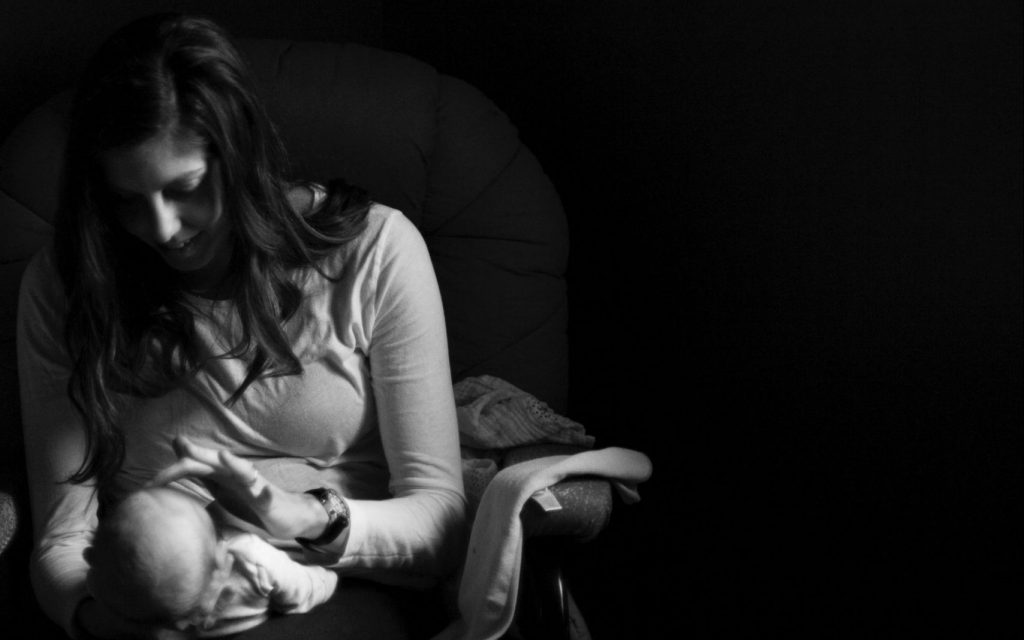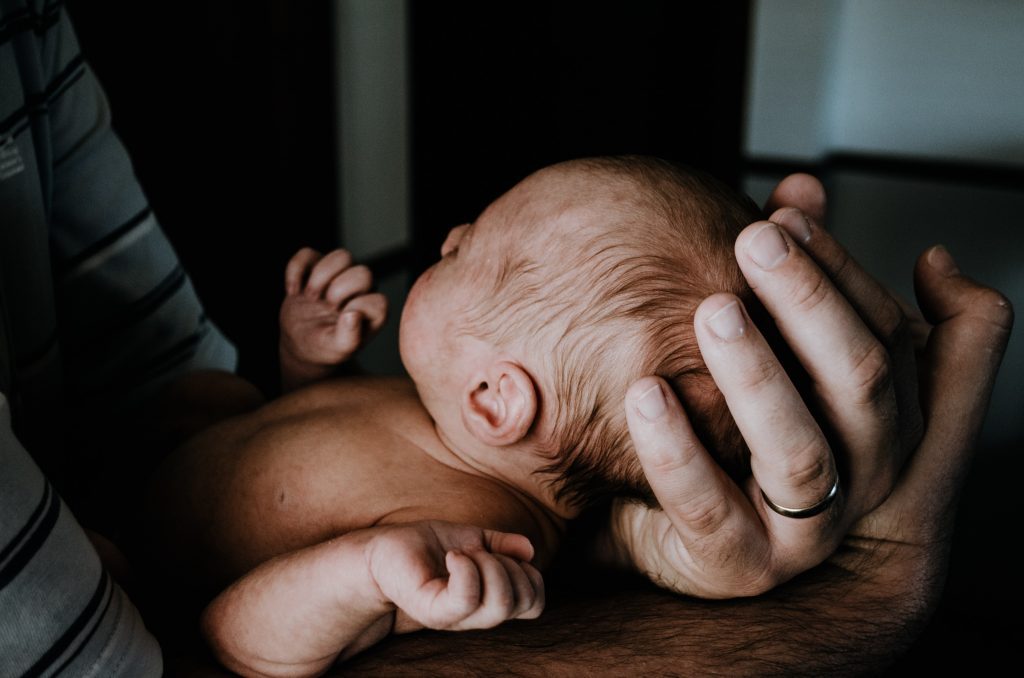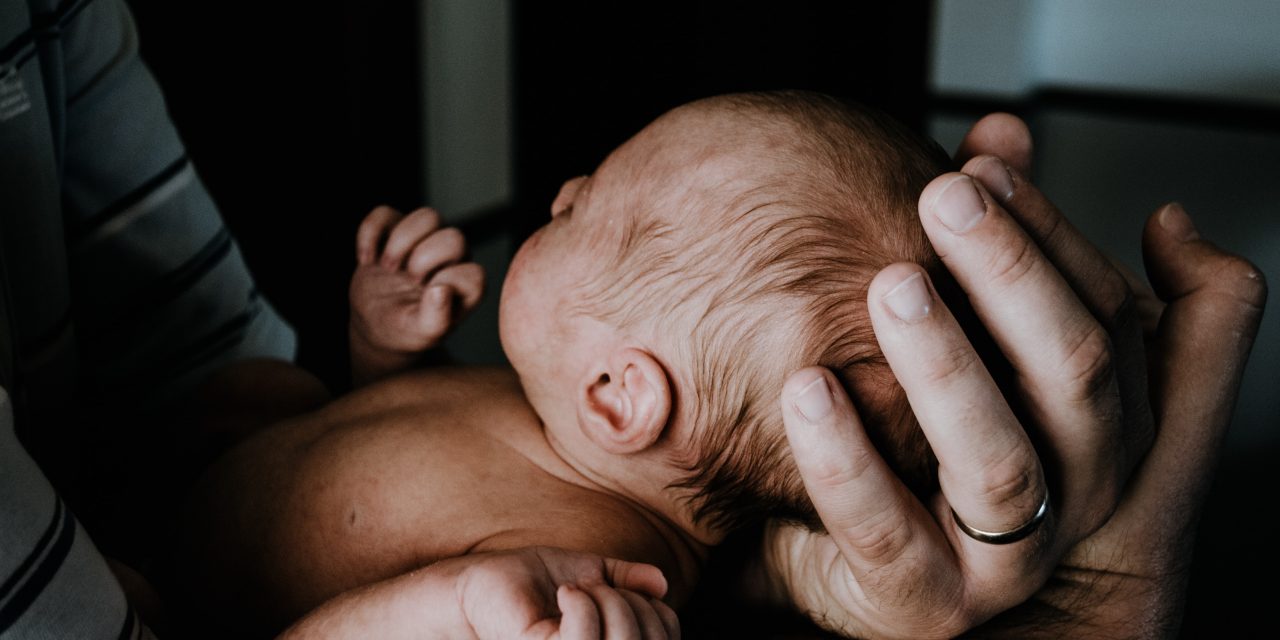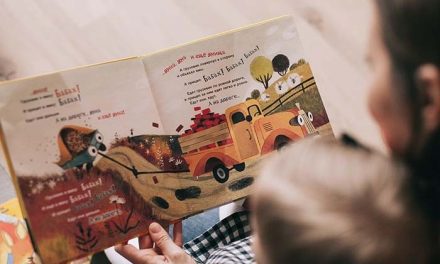Infant cocooning, to an extent, is what it sounds like. The word ‘cocooning’ itself probably makes you think of a caterpillar protecting itself from external factors in its cocoon. You’d be doing something similar for your baby by trying the infant cocooning strategy. What is it exactly? It is a way of caring for your newborn by making sure that those in close contact with your baby are vaccinated against infectious diseases. Let’s take you through more details about infant cocooning.

Infant cocooning is a relatively new style of parenting a newborn.
Infant Cocooning: What Is It And How Can It Help?
After the birth of your newborn baby, it is essential to prevent any severe infections from reaching your baby. This is because your newborn won’t necessarily be able to fight it off. Newborns have passive immunity, which means that their mother’s antibodies are passed on to them. They are transmitted through the placenta in the last 3 months of pregnancy and breast milk after birth. However, this immunity is temporary and delicate, and only lasts for around 6 months.
This is where infant cocooning comes in. Read on to know what it essentially does for your infant –
It Reduces The Risk Of Transmitting An Infection From Adult To Baby:
As soon as your baby is born, they start taking vaccinations to strengthen their immune system. This is because there are so many nasty illnesses that the immune system needs to learn how to fight, right from birth! However, in the event that you catch an infection, there’s a huge chance that it transmits to your infant because of the close proximity.
Siblings, in-laws, or anyone else that lives with the newborn baby could be the source for your baby getting a virus. Being fully vaccinated still means you could carry the virus around without it affecting you, and this same virus could easily affect your unvaccinated baby. The infant cocooning strategy aims to prevent adults near the baby from getting a virus thus ultimately preventing the baby from catching it too.
It Builds A Safe Environment:
A newborn baby’s environment is usually limited to its home (figuratively the cocoon). The home can be made into a completely safe space for the newborn if those that share the space reduce the probability of falling ill with a virus. A few ways to do so are by leaving shoes outside the house, cleaning surfaces often and washing hands regularly.
You must take these precautions because your newborn has not yet developed immunity to infectious diseases and viruses. Similarly, infant cocooning tries to ensure there’s less risky communication happening between the environment and immune system of your baby.
How Do You Practice Infant Cocooning?
Firstly, you practice infant cocooning by taking a vaccine shot. Generally, Tdap (Tetanus, Diphtheria, Pertussis) and the flu shot (influenza) are the ones to be taken. These viruses can transmit from one person to another very easily, and newborns are susceptible to these infectious diseases. But the good news is that these are both vaccine-preventable diseases.
As an adult, you can take the vaccine for these infections in order to prevent yourself from getting it. Pregnant women receive the Tdap vaccination as part of their vaccination schedule with every pregnancy.
Secondly, cocooning also involves making sure that the other people around your baby are fully vaccinated. If any close relatives like grandparents, uncles and aunts will be seeing your newborn often, then it’s best to also ask them to get vaccinated. Ideally, it is better to limit your newborn’s interactions to just immediate family members. Avoid passing around your newborn to visitors at the hospital at all costs too. Ideally, everyone that is going to be in close contact with the baby should get vaccinated 2 full weeks before the baby arrives.
Usually, when it’s cold and flu season and you get a cough or a slight cold, you might ignore these mild symptoms till they go away. However, new parents mustn’t take incidents like sneezing or coughing too lightly when there’s a newborn baby around. That’s why infant cocooning and taking preventable-disease vaccines are important.
Remember that it’s okay to turn into a germaphobe and keep everyone who’s unvaccinated away from your newborn. If relatives want to be with your baby but act fussy about taking the vaccines, you can decide whether you wish for them to see your baby or not.
How Else Can You Create A Cocoon For Your Newborn?
Making sure adults around the baby are vaccinated is just one way of creating a safe space for your newborn during its first few weeks out of the womb. Other things you can do is –
- Keep the baby’s nursery free of dust. Regularly wipe the surfaces in the baby’s nursery to avoid dust accumulation as that eventually pollutes the air of the room. Fans, in particular, tend to collect a lot of dust so make sure you clean it well before the baby is home. Wipe doorknobs, and ensure you keep washing your hands.
- Make a rule that no shoes will be allowed inside the house. This way, there are no outside dirt or germs making their way into the house.
- Change the linens that your newborn baby sleeps on and constantly clean the clothes they wear regularly. Keep a couple of clean ones ready to use.
Does Infant Cocooning Have Any Disadvantages?
One of the drawbacks of the cocoon strategy is keeping relatives who want to see your baby at bay if they’re unvaccinated. Even though you might want them to stay around, it can be difficult to agree to that when cocooning calls to limit the people around your newborn.
Plus, feeding and soothing a newborn can get tiring especially as new parents. That’s when you could want your relatives around. Taking care of your newborn in isolation is one of the downsides of infant cocooning since you have to independently deal with everything. However, you can turn things around by persuading those who wish to help you to take the shot before they visit.

Infant cocooning can get tiring since you could have little to no help from others.
Conclusion
Prevention is better than cure, which is what the infant cocooning parenting style is all about. Remember that you can always maintain a balance between cocooning your baby and letting few people in to help out. In all the cocooning, ensure your baby also gets their vaccines so they can build immunity and explore the world safely. Download the ImmunifyMe app that can help you keep track of immunization schedules, milestones, and more.
FAQs On Infant Cocooning
Do You Need A Whooping Cough Vaccine Before You See A Baby?
Adults that are going to be around your newborn baby should consider taking the whooping cough vaccine. It is one way of providing intensive care to a delicate newborn baby that is still yet to build immunity against whooping cough. Ideally, take the vaccine 2 weeks before seeing the newborn.
Who Should Get The Tdap Vaccine Before Seeing The Baby?
Anyone that is going to come in close contact with your newborn should take the Tdap vaccine. This includes parents, grandparents, relatives, siblings and even the caretaker if you plan to have one. The Tdap vaccine prevents you from catching 3 diseases which are tetanus, diphtheria, and pertussis (whooping cough).
How Common Is Whooping Cough In Infants?
Whooping cough is extremely common in adults and infants because it is extremely contagious and spreads from one person to another. Adults can put up a fight against whooping cough but in infants, it is much more serious. The immune system of a newborn infant is extremely vulnerable. Parents must protect their young ones from catching the infection.
What Vaccinations Should Grandparents Take To See A Newborn Baby?
Grandparents like other adults who wish to see a newborn baby should consider taking a flu shot and a Tdap vaccine. Do consult your doctor before taking any vaccines if your grandparents have any ongoing health issues. It could also be problematic if your grandparent suffers from serious respiratory distress. Ideally, it is better to wait for them to see your newborn in case any infection spreads.






